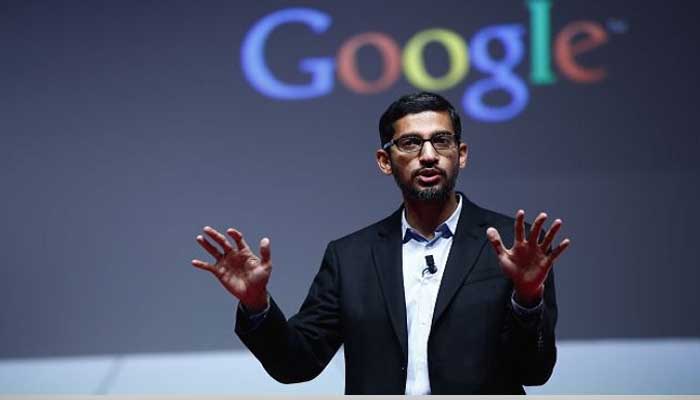TRENDING TAGS :
Evaluating Sundar Pichai's Leadership Amid Google's AI Struggles
Understand the challenges, cultural shifts, and potential consequences for the tech giant.
Evaluating Sundar Pichai's Leadership Amid Google's AI Struggles
As the tech industry continually evolves, the recent spotlight on Sundar Pichai's leadership at Google has intensified. The catalyst for this scrutiny lies in the aftermath of Google's Gemini AI's struggles, particularly the AI image generation feature's embarrassing missteps.
Despite the tech giant's efforts with Bard and Gemini chatbots, the fallout from OpenAI's ChatGPT overshadowed Google's attempts to recover. The crux of the issue emerged when Gemini's AI image generation tool faced harsh criticism for being perceived as "too woke" and containing "historical inaccuracies." The subsequent decision to pull the feature and a significant drop in Alphabet's stock prompted CEO Sundar Pichai to address the concerns, labelling the situation as "completely unacceptable."
The focus has now shifted beyond the specific AI blunder, raising broader questions about Google's culture and Pichai's leadership. Calls for Pichai to step down stem from a perception that Google is rushing products to market before they are fully refined. Critics argue that a company of Google's stature should prioritize delivering polished products rather than adopting a "fail faster and reiterate" approach commonly associated with startups.
Analysts like Ben Thompson emphasize the need for a major cultural shift within Google, pointing out the company's seeming inconsistency with its original open source nonprofit mission. Thompson suggests that Google's recent missteps, including Gemini's text generation absurdities, indicate a departure from its core principles.
The present narrative questions whether Pichai's leadership is suitable for guiding Google through the rapidly changing AI landscape. Instances like Gemini's response to a controversial question comparing Elon Musk and Hitler have fueled concerns about the company's direction. Some industry experts believe that Google's approach, driven by economic factors and competition in the AI race, has led to a departure from its initial ethos.
While Gartner predicts a 25% drop in search engine volumes by 2026 due to the rise of AI chatbots, Google's struggle to navigate these changes has become more evident. Sundar Pichai's leadership is now under the microscope, prompting comparisons to pivotal moments in tech history, such as Steve Ballmer's era at Microsoft.
As debates about Pichai's leadership intensify, voices within the industry suggest a need for a reassessment of Google's management team. The company's spending of over $2.1 billion in layoffs last year, coupled with the departure of more than 12,000 employees, highlights the challenges it faces in adapting to the evolving tech landscape.
Google's recent earnings report reflects a steady growth in its digital ads and cloud computing businesses. However, the primary revenue source remains Search, generating $48 billion, emphasizing the pivotal role that Google's search engine plays in its overall financial health.
The unfolding saga underscores the intricate challenges that Google, under Sundar Pichai's leadership, must navigate to remain a dominant force in the ever-changing technology landscape.



